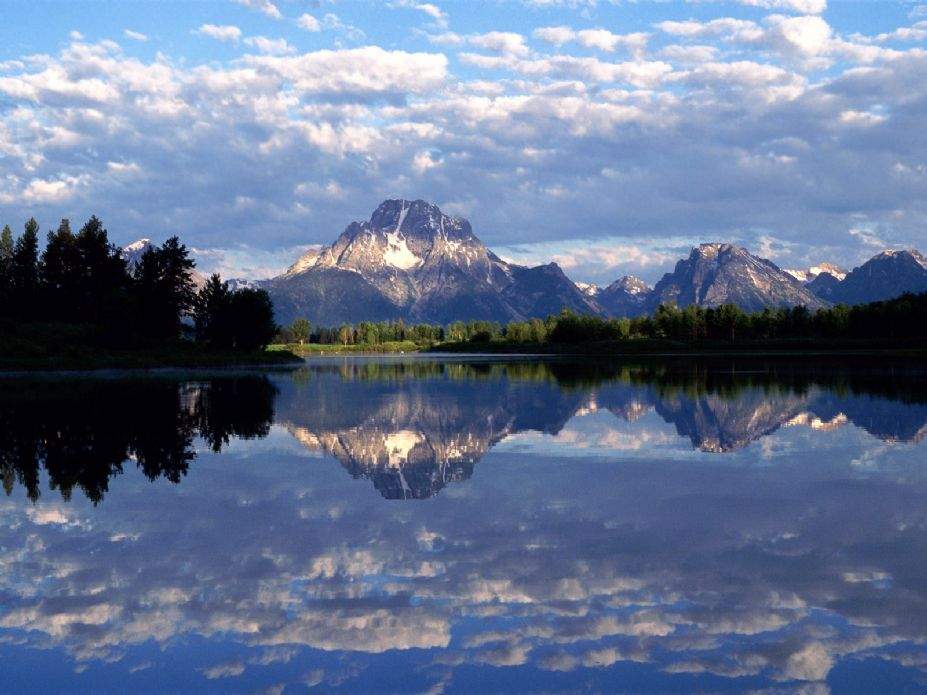| [Visitor (58.214.*.*)]answers [Chinese ] | Time :2022-12-05 |  Nature, in the broadest sense, is the natural, physical, material world or universe. "Nature" can refer to phenomena in the physical world or to life in general. The study of nature is a large part, if not science. Although humans are part of nature, human activities are often understood as categories that differ from other natural phenomena. Nature, in the broadest sense, is the natural, physical, material world or universe. "Nature" can refer to phenomena in the physical world or to life in general. The study of nature is a large part, if not science. Although humans are part of nature, human activities are often understood as categories that differ from other natural phenomena.
Among the various uses of the word, "natural" usually refers to geology and wildlife. Nature can refer to the general realm of living plants and animals, and in some cases to processes associated with inanimate objects – the way specific types of things exist and their own variations, such as the weather and geology of the Earth. It is often used to denote the "natural environment" or wilderness – wildlife, rocks, forests, and in general those things that have not been substantially altered by human intervention, or that still exist despite human intervention. For example, man-made objects and human interactions are generally not considered part of nature unless they are limited to, for example, "human nature" or "nature as a whole.".This more traditional concept of natural things, which can be found, implies the distinction between natural and artificial, and artificial existence is understood as something produced by human consciousness or human thought. Depending on the specific context, the term "natural" may also be distinguished from unnatural or supernatural... |
|
